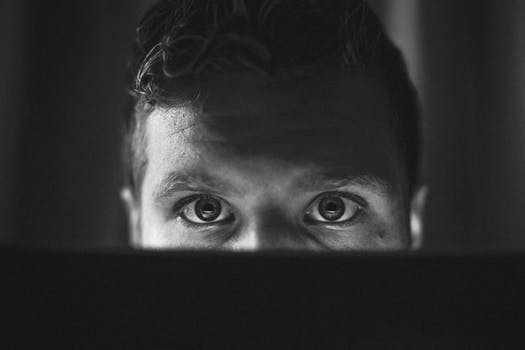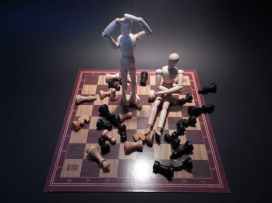Essentials
Through the course of my reading and watching materials for Module 3 I came across a very good note, it said that self-monitoring / self-evaluation is a skill that can be learned from school and is a good skill for employees. That really was an eye-opener for me though at that time I have not really delved much into all the reading materials on self and peer assessment. It somehow made sense already. This is one thing I like with PTC there’s just so many ideas applicable and truly helpful to my profession now even before I start being a teacher.

We are taught that self-evaluation teaches a person to be critical of her output checking and rechecking her own work, revising it until it demonstrates what is exactly asked of the student. Students say she’s done once all said, expected and stated on the rubric is on the output, though teachers do not explicitly require high-quality output from students but because self-evaluation is being observed it results to high-quality output. In every workplace high-quality output is expected and is required from everyone; automatically self-evaluating our ideas before we say it, reflecting on past mistakes, self-monitoring our contributions to the team and critically checking our proposals before we submit them are all essentials to stay relative to the management’s expectations and demands of work.

And if you are like me who did not hear about self-assessment during high school and college years staying on top of my work with high-quality result was a challenge, it took me a while to practice self-assessment, it was on my 3rd job when I started self-assessment I wanted to know why my immediate supervisor thought I’m inefficient and how come I appeared as if I don’t know what I was doing. Since I did not know about self-assessment you can also expect that peer assessment was not something that I had a good practiced on, so for me to hear my immediate supervisor said those words it damaged me right away it felt like a final verdict and there was no option to redeem myself. I’ve never been a quitter, so slowly I observed my practices and compared it to my colleagues and true enough I was inefficient and I still didn’t know much about the industry I was in.
Students nowadays who have been exposed to self and peer assessment are more reliable and capable to provide sound judgments on tasks, situations and reactions of people using words that provides guidance, clarity and encouragements, compared to people like me who did not get to practice that I’m sure my feedback/assessment would be more of a show off, putting myself on a pedestal which is the common tendencies of human beings. More so students who have received multiple peer feedback have learned how to listen with the end goal in mind of improvement, respecting the person and the feedback though they don’t fully agree and to learn to accept that their peers may know things that they would not know until it is shared with them. Compared that to my reactions; I immediately shrunk, felt betrayed and distanced myself because I felt ashamed of how I was being seen by people I worked with. My reaction was crucial to my improvement just like the students, it was a slow pace of improvement for me because I had to heal first and force myself to constructively take my immediate supervisor’s feedback before I started evaluating myself and when I saw what she had seen in me I had to learn to accept it and push myself to improve.
Why I shared this? I’m just overwhelmed in my own way of the benefits of self and peer assessment and I’ll be depriving students of good working experience and high-quality contribution in their work if I don’t embrace self and peer assessment in my classroom.
